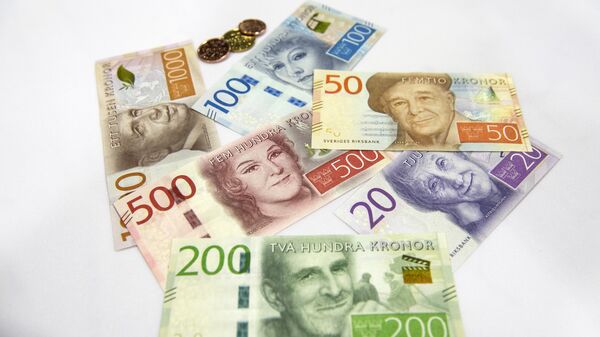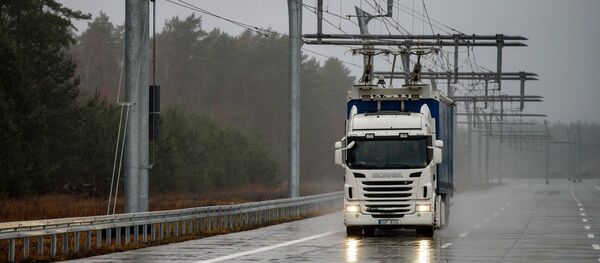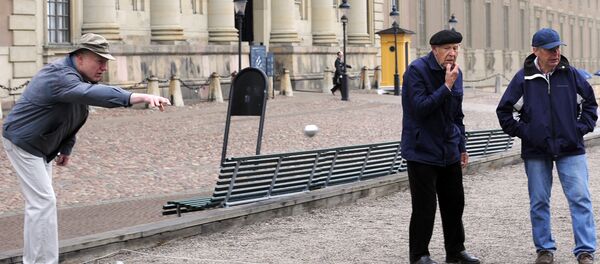At present, cash represents only two percent of the Swedish economy, compared to ten percent in the Eurozone and nearly eight percent in the United States. At the same time only 20 percent of all customer payments are done with cash, whereas in the rest of the world, the figure hovers at 75 percent.
However, many elderly Swedes show little optimism in embracing a cashless society. The National Pensioners' Organization (PRO) has been a long-standing critic of the "far too rapid" development and has recently handed over a petition with nearly 140,000 signatures, requesting that cash remain in use. According to the PRO, fewer and fewer bank branches handle cash, which creates major problems.
"Many elderly people feel excluded when you need to use cash cards or cell phones to take a bus or to use a public toilet. Only half of members use cash cards everywhere. Seven percent never use them at all. We want the government to slow down the process," Johanna Hållén, press officer at the PRO told the Guardian.
The Swedish Pensioners demanded Finance Minister Per Bolund to urge the banks to shoulder greater responsibility for managing cash. Swedish national broadcaster SVT contacted the Swedish Bankers' Association, which represents 28 Swedish banks, ensured that they take customers' concern for future changes seriously.
Meanwhile, advocates of the cash-free society see numerous advantages with scrapping notes and coins. One of the main arguments raised is security. The abolition of cash reduces risks considerably, as then there is nothing to rob. One of the most well-known campaigners for a cashless world is ABBA's front man Björn Ulvaeus, best-known for the hit "Money Money Money." Since his family was burglarized, he has been carefully avoiding cash.
"There was such a feeling of insecurity. It made me think: What would happen if this was a cashless society, and the robbers couldn't sell what they stole?," he said earlier to the New York Times reporter, admitting it was a utopian idea, which Sweden was approaching anyway.




